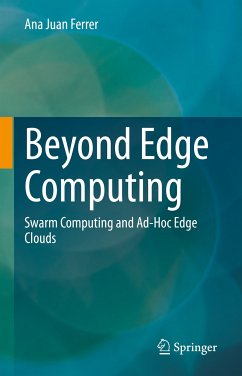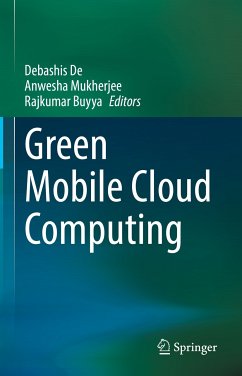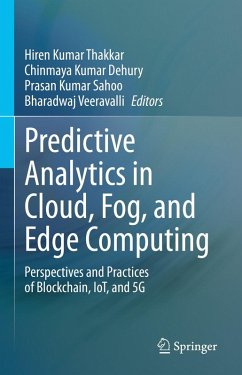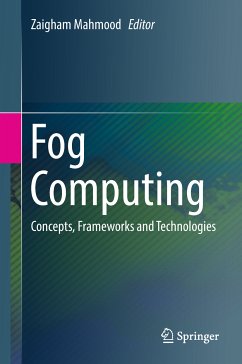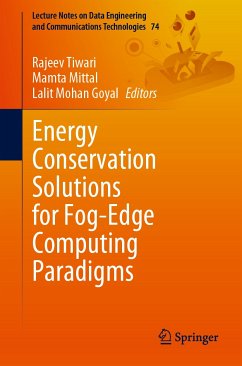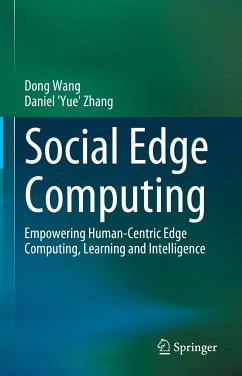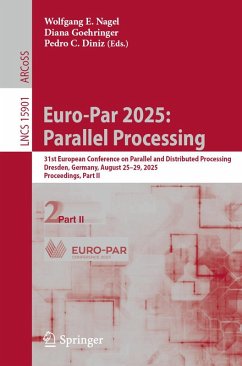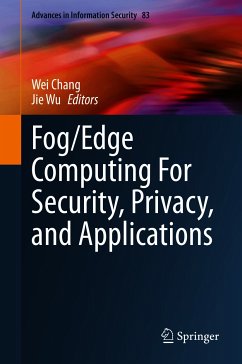
Cooperative and Distributed Intelligent Computation in Fog Computing (eBook, PDF)
Concepts, Architectures, and Frameworks
Versandkostenfrei!
Sofort per Download lieferbar
136,95 €
inkl. MwSt.
Weitere Ausgaben:

PAYBACK Punkte
68 °P sammeln!
This informative text/reference presents a detailed review of the state of the art in fog computing paradigm. In particular, the book examines a broad range of important cooperative and distributed computation algorithms, along with their design objectives and technical challenges.The coverage includes the conceptual fundamental of fog computing, its practical applications, cooperative and distributed computation algorithms using optimization, swarm intelligence, matching theory, and reinforcement learning methods. Discussions are also provided on remaining challenges and open research issues ...
This informative text/reference presents a detailed review of the state of the art in fog computing paradigm. In particular, the book examines a broad range of important cooperative and distributed computation algorithms, along with their design objectives and technical challenges.
The coverage includes the conceptual fundamental of fog computing, its practical applications, cooperative and distributed computation algorithms using optimization, swarm intelligence, matching theory, and reinforcement learning methods. Discussions are also provided on remaining challenges and open research issues for designing and developing the efficient distributed computation solutions in the next-generation of fog-enabled IoT systems.
The coverage includes the conceptual fundamental of fog computing, its practical applications, cooperative and distributed computation algorithms using optimization, swarm intelligence, matching theory, and reinforcement learning methods. Discussions are also provided on remaining challenges and open research issues for designing and developing the efficient distributed computation solutions in the next-generation of fog-enabled IoT systems.
Dieser Download kann aus rechtlichen Gründen nur mit Rechnungsadresse in A, B, BG, CY, CZ, D, DK, EW, E, FIN, F, GR, HR, H, IRL, I, LT, L, LR, M, NL, PL, P, R, S, SLO, SK ausgeliefert werden.



